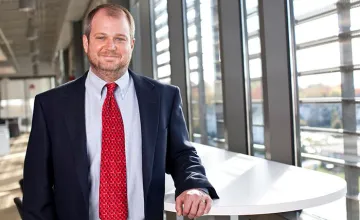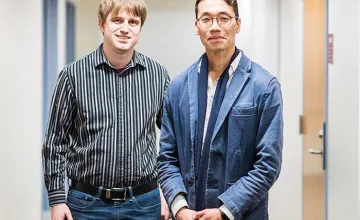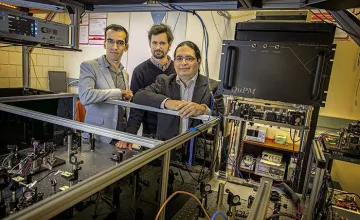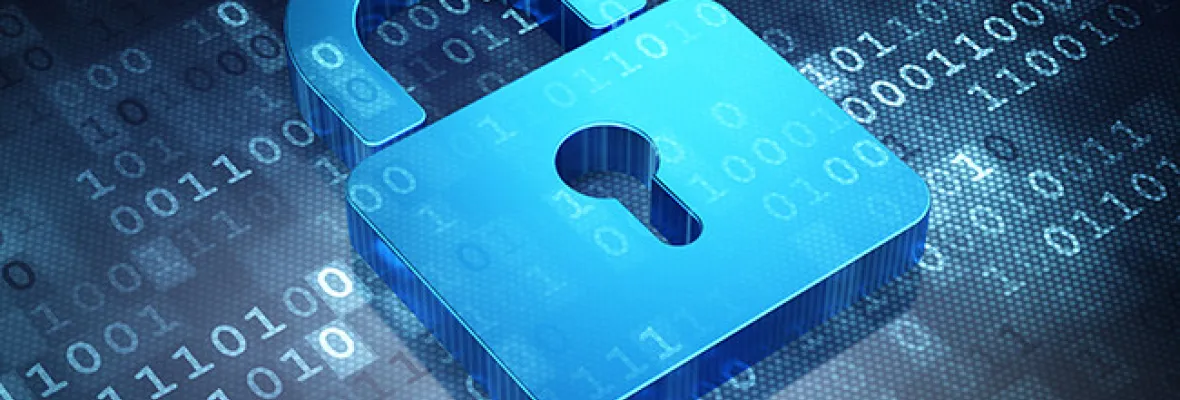As our society grows increasingly dependent on electronic networks for managing everyday life, running our economy, and defending the nation, cybersecurity has become one of our most pressing challenges.
Can we protect the power grid, telecommunication networks, financial data, “smart” products, and our private information, while still enjoying the benefits technology affords us?
AAU universities are helping answer that question, leading the way with multidisciplinary research, technology development, and education.

Martin Swany, a professor and chair of the Department of Intelligent Systems Engineering at Indiana University Bloomington, answers questions about his work with thermal imaging and electromagnetic probes.

Two Boston University computer scientists have developed a tool that could make it harder for hackers to find their way into networks where they don’t belong.

Researchers at Stanford University have developed a new system for aggregating usage reports from personal devices that emphasizes maintaining the user's privacy.

A team of researchers at Stony Brook University has developed a technology and prototype device based on quantum mechanics designed to prevent network hacking.
Explore More: Safeguarding the Connected World
You can sort by specialty area and/or by university.
The Center for Education and Research in Information Assurance and Security (CERIAS) is currently viewed as one of the world’s leading centers for research and education in areas of information security that are crucial to the protection of critical computing and communication infrastructure.
A team of MIT researchers has developed a new technique to defend multirobot systems such as delivery drones from hackers.
Massachusetts Institute of Technology | Protecting Systems | Safeguarding the Connected World | University Research
University of Arizona Associate Professor Roman Lysecky is pioneering technologies to protect implantable medical devices (IMDs) from hackers.
The University of Arizona | Protecting Systems | Safeguarding the Connected World | University Research
Research from Stanford University and Cornell University offers evidence that situational factors such as mood can influence people to act like trolls.
“Analyst-driven solutions” rely on rules created by living experts and miss attacks that don’t match the rules. Machine-learning approaches rely on “anomaly detection,” which triggers false positives needing investigation by humans.
Massachusetts Institute of Technology | Protecting Individual Data | Protecting Systems | Safeguarding the Connected World
